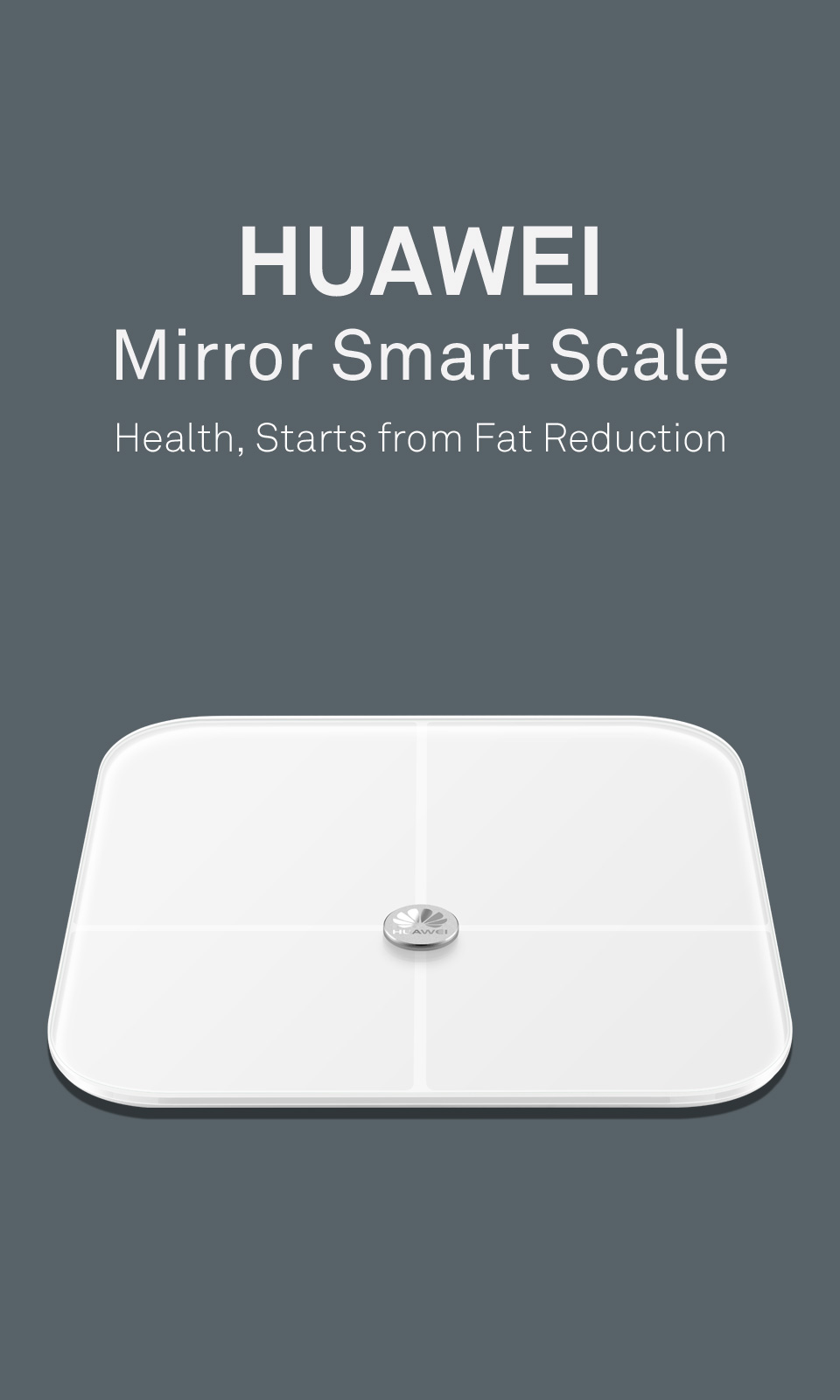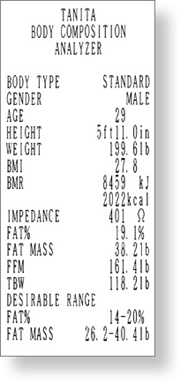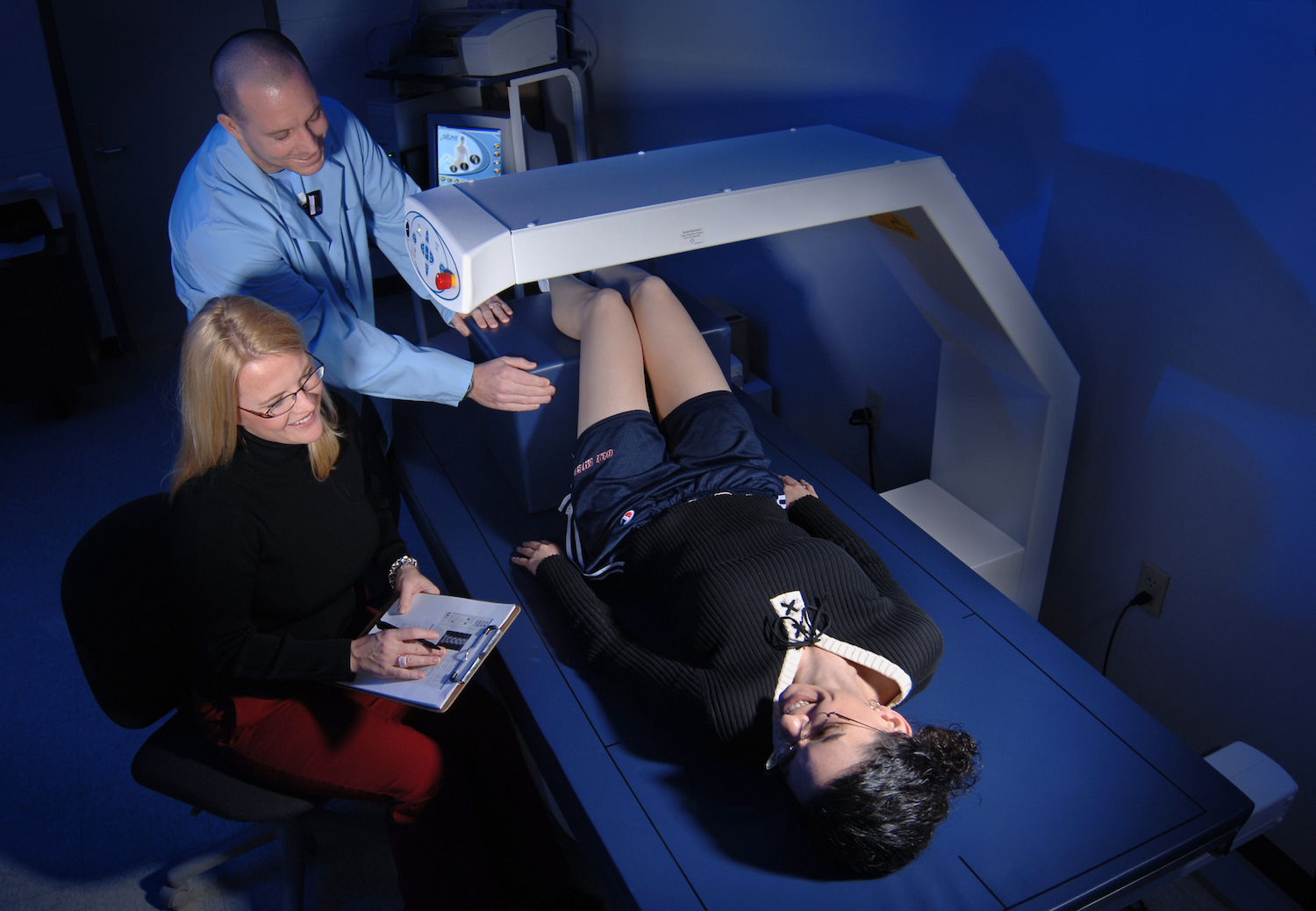The dxa is a 3 compartment body composition method that provides measurements of fat mass lean mass bone mineral content and visceral fat. This review presents the developmental background and underlying principles and theory of four laboratory hydrodensitometry air displacement plethysmography isotope dilution and dual energy x ray absorptiometry and four field bioelectrical impedance analysis near infrared interactance skinfolds and anthropometry methods of.

Body Composition Wikipedia
Laboratory measurement of body composition. Dual energy x ray absorptiometry dxa. The measurement of body composition occurs in many branches of biology and medicine. Laboratory measurements of body composition densitometry the application of densitometry to the measurement of human body composition is based on the principle that if thebodyisregardedasbeingmadeupoftwocomponents ofknowndensitiesthenthebodydensityisdeterminedby the relative proportions of the two components. The first and primary assumption is that a single arbitrary point on the continuum of body fatness represents a reversible abnormality. Measurement and definitions in body composition the application of limits in allowable body composition in the military depends on several assumptions. Body composition refers to the relative percentages of body weight comprised of fat and fat free body tissue.
The term body composition refers to the relative percentages of fat muscle and water. The bodpod uses air displacement to measure the volume of the body. Common methods for body composition assessment include hydrostatic. The purpose of the body composition laboratory is to conduct research in the area of body composition and carry out measurements of body composition and energy expenditure to monitor growth nutritional status rehabilitation and energy requirements in a variety of clinical conditions. From the measurement fat and fat free mass can be determined. Energy stores skeletal muscle and protein content can be determined and changes monitored.
Why use the bodpod. It is used in the assessment of nutritional and growth status and in disease states and their treatment. The cnrc body composition laboratory is the only laboratory of its type in the nation that can provide a complete complement of body composition measurements in all populations ranging from low birth weight infants to adults. To monitor nutritional status in clinical conditions. Thus it is important for health and fitness professionals to have a general understanding of the most commonly used techniques for assessing body composition. These high precision measurements are associated with body water mineral protein and fat content.
Assessment techniques vary from simple field measurements to elaborate laboratory techniques that require expensive equipment and specially trained technicians. The dxa takes 7 13 minutes. Body fat scales are devices that a person can use to measure their weight and body composition at home.





/underwater-hydrostatic-body-fat-weighing-453131436-5ad4f5c2642dca0036367079.jpg)












